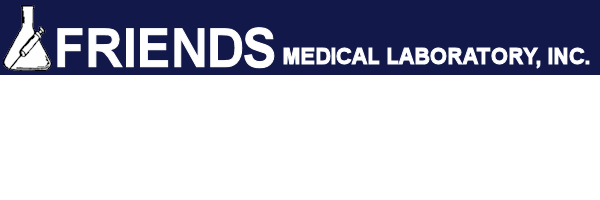To: Emergency departments, EMS, Healthcare facilities, and local health departments
From: Maryland Poison Center and Maryland Department of Health
Date: April 4, 2018
RE: Undifferentiated coagulopathy after synthetic cannabinoid use
The Maryland Poison Center at the University of Maryland School of Pharmacy was notified on April 3, 2018, of a case in central Maryland in which a user of synthetic cannabinoids experienced significant elevation in INR and bleeding. The symptoms are similar to the description of dozens of cases in the Chicago region reported over the past three weeks to the Illinois Poison Center of adulterated synthetic cannabinoid with brodifacoum. Brodifacoum, a long acting vitamin K-mediated anticoagulant that is used as rodenticide, has been identified in 10 of the cases to date. The Illinois Department of Public Health has reported at least two deaths to date.
In the Maryland case, the patient in central Maryland has been hospitalized for the management of coagulopathy and bleeding. The Maryland Poison Center is collaborating with the Maryland Department of Health in the event that other cases arise in Maryland.
Clinical signs from the Illinois and Maryland cases include bruising, nosebleeds, bleeding of the gums, bleeding out of proportion to the level of injury, vomiting blood, blood in urine or stool or excessively heavy menstrual bleeding, and back pain. The management of coagulopathy is similar to warfarin-associated bleeding/coagulopathy (vitamin K, fresh frozen plasma and/or activate prothrombin complex concentrate). Once clinically stable, patients often require prolonged treatment with high dose oral vitamin K.
If anyone who has used synthetic cannabinoids develops significant unexplained bleeding, it is recommended to:
Get immediate medical care for the individual at a hospital.
If possible, ask if they have used synthetic cannabinoids.
Contact the Maryland Poison Center at 800-222-1222
An investigation of this case is currently ongoing. Should your institution encounter a patient with significant bleeding and an elevated INR without a definitive etiology (e.g., taking warfarin or overdose of rat poison), please promptly report the case to the Maryland Poison Center at 800-222-1222.



